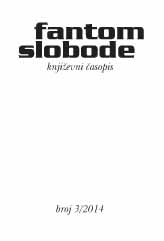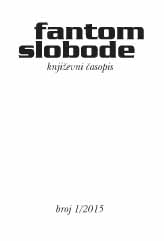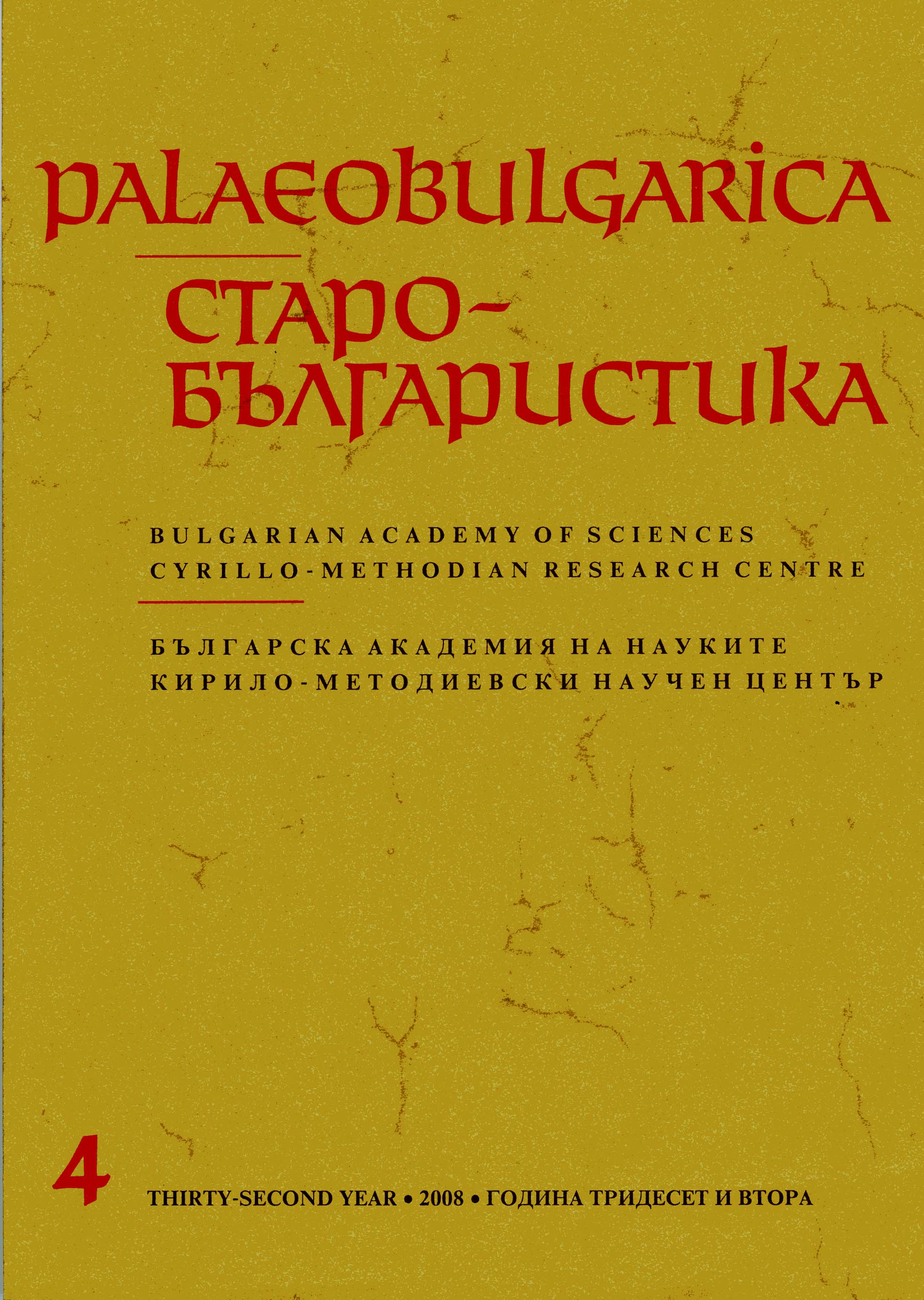Author(s): Blagoje Novićević,Natalija Borović / Language(s): English
Issue: 1/2016
In contemporary business conditions, where health care organizations operate as a part of the public sector, the management of these entities needs to be concentrated specifically and to a greater extent on the risk management policy, as a way of a deliberate, timely and responsible response to the possible dangers and challenges, in order to execute the entrusted public authority and satisfy the general interest. Risk management includes identification, monitoring and control of the potential dangers that could adversely affect the stability (continuity) of public functioning and/or the efficient realization of the targeted function of a health care organization, as well as the adoption of alternative solutions that would help avoid or neutralize their adverse impact. The dominance of the non-profit compared to the profit goals of business operations, where the priorities lie within the stability of the business activity, responsible and rational use of limited (and usually scarce) public funds, as well as the efficient satisfaction of public needs in the field of health care, clearly indicates that risk management in health care organizations requires a different orientation compared to the market-oriented business entities. In other words, the risk management in health care organizations requires a significantly changed way of defining, interpreting and measuring the risk factors, as well as changed ways and possibilities, that is, restrictions related to responding to the selected factors and/or characteristics of risk. If one adds to this the specificity of the output in health care, in terms of its importance, immeasurability, ways of manifestation, consequences that may arise, etc., risk management becomes a very complex problem, because in addition to achieving their own goals, health care organizations must carry out the activities of public interest, entrusted to them by the state.
More...



